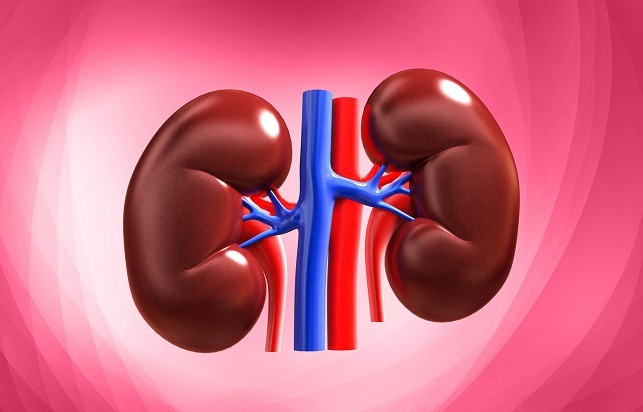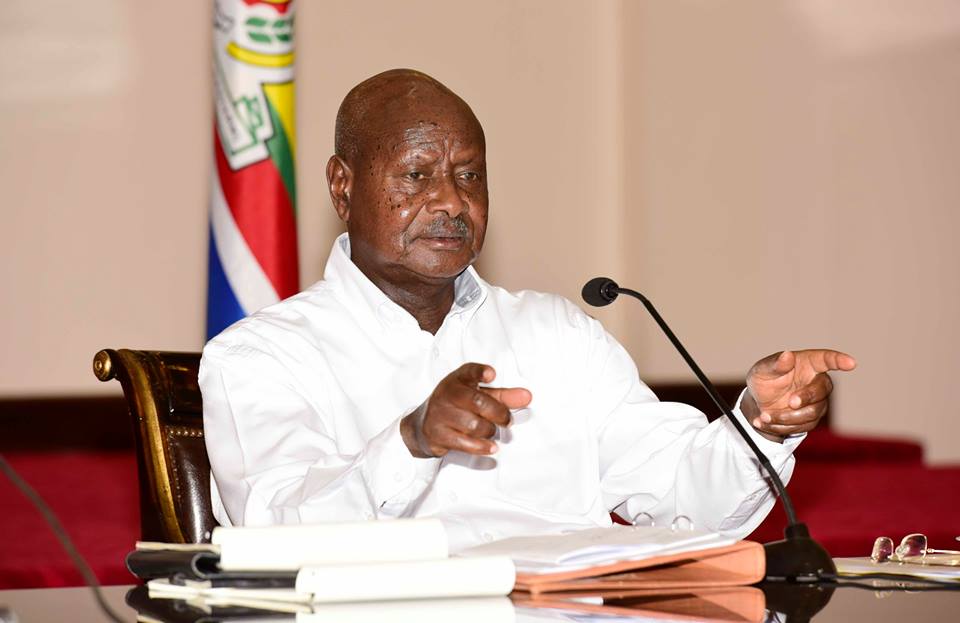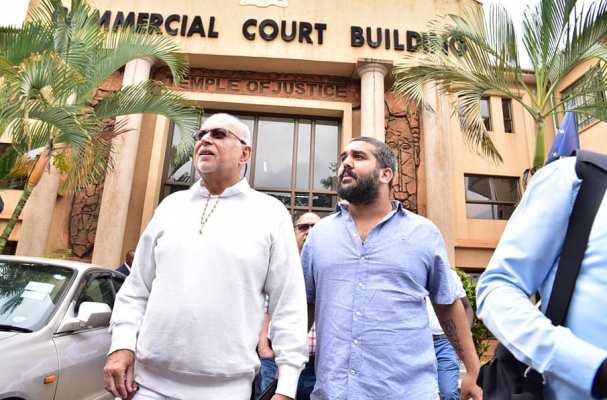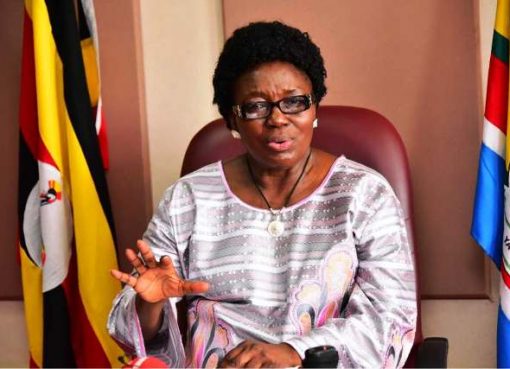Parliament has passed into law the Uganda Human Organ and Donation and Transplant Bill 2021 and approved the proposal to have corporate companies or hospitals involved in illegal organ harvesting and transplant required to pay a fine of Shs10Bn.
When the Uganda Human Organ and Donation and Transplantation Bill 2021 was tabled before Parliament, the Ministry of Health sought to criminalsie illegal organ transplant in clause 91(l) Where an offence under this Act is committed by a body corporate and is proven to have been committed with the consent or connivance of, or to be attributable to any director, manager or secretary of the body corporate; or any officer who was purporting to act in that capacity, he or she as well as the body corporate commits the offence and is liable to be prosecuted and punished for the offence under this Act.
Although the Ministry didn’t stipulate the penalty or fine to be slapped on corporate bodies, Parliament’s Health Committee prescribed penalties for body corporate with Charles Ayume (Koboko Municipality) noting, “The Committee recommends that d new sub-clause be inserted after 97(4) to prescribe a penalty not exceeding five hundred thousand currency points.” A currency point is equivalent to Shs20,000 thus bringing the fine to Shs10Bn.
Lawmakers also passed into law Clause 72 prohibiting donation of an organ, tissue or cell from a living child, with the Committee arguing that medically, stem cells are drawn from bone marrow and peripheral blood, which regenerate and they do not cause any harm.
Although the Committee concurred with the proposal, lawmakers on the Health Committee recommended to have the clause redrafted to cater for the prohibition of donation from a living child save for exceptional circumstances approved with the Council with the consent of parent/guardian.
“Put a provision under which a living child may donate. The provisions include: stern cell therapy for minors who are twins or close siblings after approval by the Council. Prescribe a penalty of life imprisonment for a person who contravenes the provision,” said Ayume Chairperson Health Committee.
Ayume also proposed to have a person who contravenes this section contravenes the provision of this section commits an offence and is liable to a life imprisonment and went on to clarify that the exceptional circumstances would cater for donations to twin or sibling in cases of bone marrow transplant or conjoined twins.
Although Minister Aceng agreed with the Committee proposal, she appealed for the provision to be legally binding for adults between 18-21 years who are still under the care of their parents citing the Tobacco Act that deems people within this age group as not able to take a decision on matters of life because you can easily be manipulated and therefore requested to have parents of such adults to give consent for people between 18-21 years.
The Minister’s proposal was backed by Attorney General, Kiryowa Kiwanuka who said there is a challenge with definition of the word child where in the constitution the age is capped at 18 years, while in other nations, it is 16years but while such a person is an adult, but the recently enacted Succession Act, provides for adults under the care of their adults.
He said, “We were discussing a child who is still under parental control because the child is still under school and yet that child is an adult, so how do we take them for an adult to leave them to do what they want to do or do they come with parental control? It will be sad for a child under your parental care still in school going out to give out a donation. So we are thinking leaving clause (72) there allows the parent to participate.”
However, Ibrahim Ssemujju (Kira Municipality) wondered why 18year olds need to be limited on their choice to donate yet the same constitution allows even 18year olds to be Presidents remarking, “This parliament changed the constitution where actually you can be president at the age of 18. So if somebody can be president at 18, making decision for 45 people,” said Ssemujju.
The Attorney General replied arguing that although the 18year old is an adult, what is being discussed is whether this is a child under care and is still under the care of parents and comes back home and informs their parents that they don’t have one kidney.
“By the way post treatment care is a major issue and if this child is still under your care and only has one kidney, you are the one going to take care so we are saying that if this is going to be the case, at least give me an opportunity to participate in this decision,” said Kiryowa.
Deputy Speaker Tayebwa also weighed into the debate arguing that one of the purposes of this bill is to tighten the legislation in order to avoid scenarios of parents giving their children tuition fees and use it for sports betting and in order to resolve their financial woes, sell off their organs.
In Clause 67 (4), the Ministry of Health had proposed to mandate the Organ and Transplant Council to ensure that the donation is legal and justified by ensuring that the proposed donor understands that it is illegal to accept any financial or other inducement for the donation but that he or she may have any expenses or loss of earnings reimbursed and the donor may be compensated for any unanticipated harm resulting from the donation.
However, the Health Committee observed that the organs, tissues and cells are donated free of charge and reimbursement for loss of earnings after compensation for any unanticipated harm resulting from donation maybe construed to mean a payment for the organ, tissue or cell
Parliament voted to remove a provision for any expenses or loss of earnings reimbursed and instead agreed to have Clause 67(4) be changed to put a provision to the effect that a living donor understands that he or she may be compensated for justifiable expenses which should be approved by the council.





